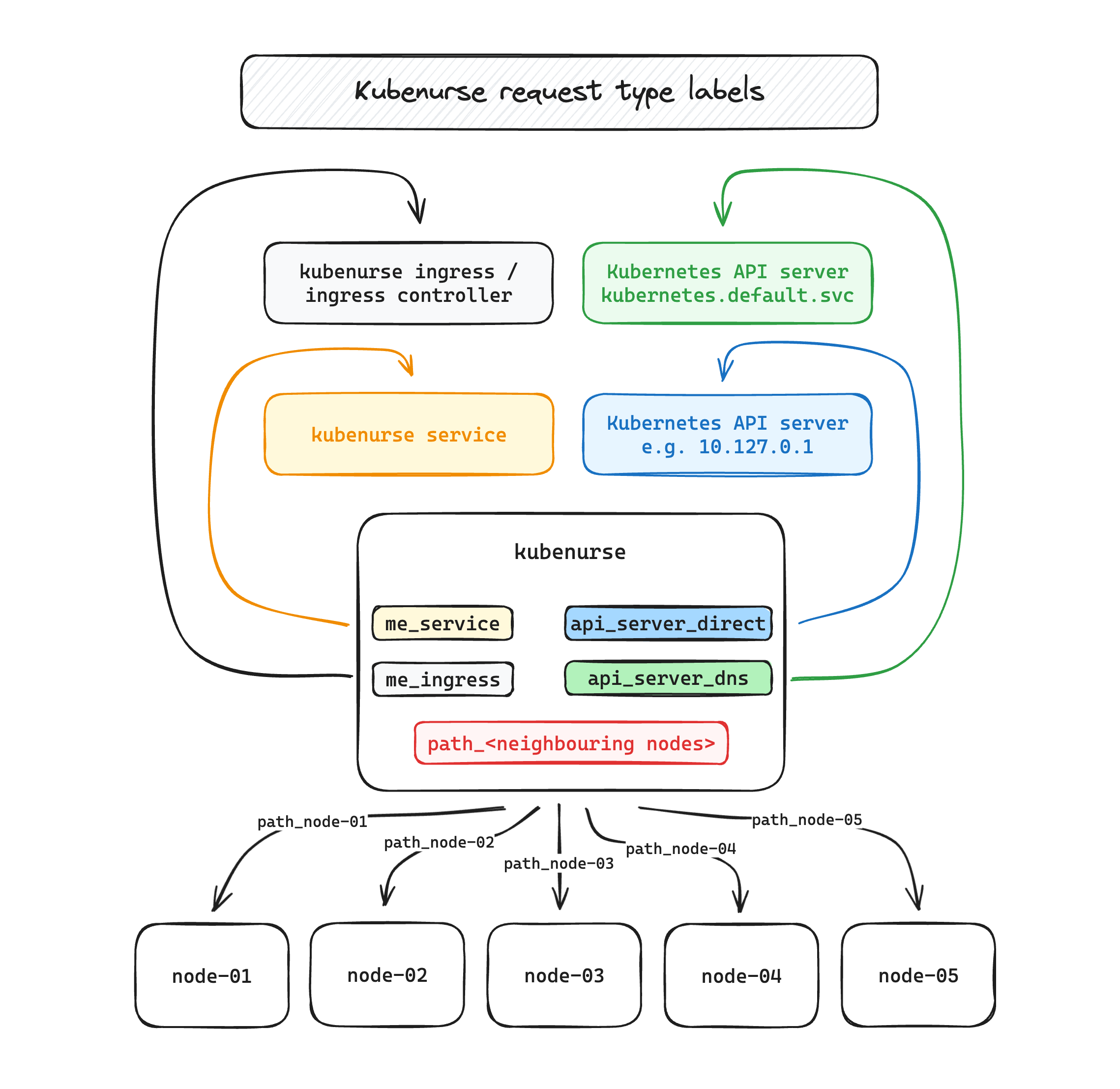
Kubenurse: The In-Cluster Doctor Making Network Rounds
TLDR: Kubenurse is the Swiss army knife for Kubernetes network monitoring. It will help you pinpoint bottlenecks and know the latency in your network identify nodes with network issues (packet drops, slow connection, etc.) uncover issues like DNS failures, broken sockets, or interrupted TLS negotiations Description Kubenurse is a Kubernetes network monitoring tool developed and open-sourced by PostFinance (a Swiss Banking Institution), which acts like an in-cluster doctor, continuously checking the health of your pod-to-pod, pod-to-service, and pod-to-ingress connections....



